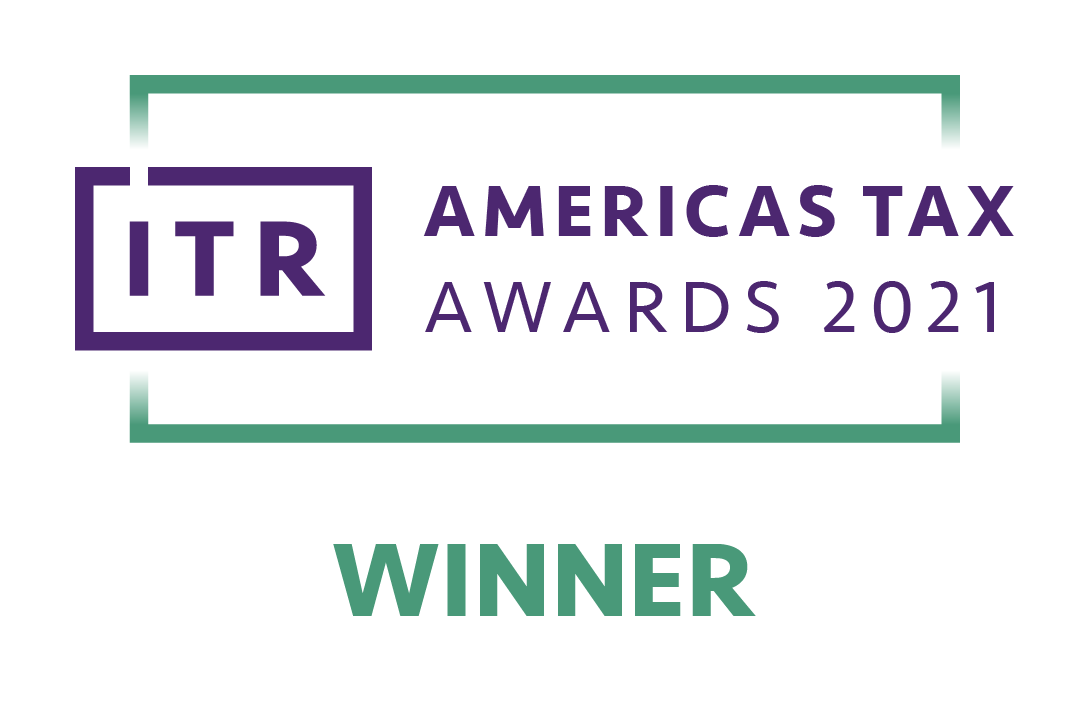On September 29 of year 2021 the Law N° 6715 of “Administrative Procedures” was enacted (hereinafter the “Law of Administrative Procedures”), which in its Art. 90 of the final and transitory Dispositions established that this would be effective a year after its publication in the Official Gazette of the Republic, a deadline that expired on September 29 of the current year.
The new Law of Administrative Procedures is in charge, among other matters, of: i) defining the administrative action and its classification; II) identifying the fundamental elements for the validity and regularity of the administrative action; iii) establishing the causes for nullity and annulment of the administrative action and the means for its revocation or correction; iv) prescribing the principles that must rule all administrative procedures; v) to consider the possibility of performing administrative procedures and proceedings by electronic means; vi) regulating types, deadlines and ways for the interposition of administrative resources, vii) disposing the rules sanctioning administrative procedures (administrative summaries to individuals) and viii) configuration of the budgets of exhaustion of the administrative ways.
Particularly of the content of the Law of Administrative Procedures, it is considered relevant to point out the following:
Administrative action: It is defined as any unilateral statement made by a branch of the Public Administration in exercise of administrative functions that produces legal effects of general or particular scope.
Effects of interposing an administrative resource: Interposing administrative resources shall not suspend the execution of the contested action, excluding the exceptions, as a specific rule that establishes the opposite. In addition, the execution of the action could be suspended ex-officio or by the request of the complainant if such execution is susceptible to cause damages impossible or difficult to repair to the complainant, when it is credited a serious vice in the action or for reasons of public interest.
Injunctive Relief: The administrative authority, ex-officio or by encouragement by those subject to such administration, shall be able to issue and to arrange for an injunctive relief to preserve the health, the public safety or for any other reason of general interest.
Non-formal administrative procedure: The administrative ordinary procedure is not formal, in the sense that, if there is not a legally prescribed special procedure, then the authority that substantiates it can choose the most suitable procedure as long as the principles of diligence, effectiveness and reasoning are considered.
Silence by the administration If in the procedures initiated by an individual a final resolution is not issued within the legal deadlines, the petition shall be considered as denied – once configured what in law is known as Ficta resolution, with which it is opened the way to interpose the administrative resources that corresponds in each case.
Sanctioning procedure: The administrative procedures are regulated to impose administrative penalties to the individuals that have committed legally anticipated administrative infractions, within the framework of administrative summaries to be embodied under unrestricted respect to the principles of presumption of innocence and the right to the defense. In principle and except justified causes, the summary procedure should not exceed four months altogether. The infractions will prescribe after two years.
Use of electronic means: The proceedings and performances of the administrative procedures shall be able to be performed by electronic means and they shall have total legal validity and evidentiary value. Its use shall be ruled by the Executive Power.
Next, a table that summarizes information to be considered regarding the administrative resources and the contentious-administrative action, under the Law of Administrative Procedures:
| Resource | Against which actions it proceeds* | Before whom it is interposed it | Deadline to interpose the resource | Deadline for resolution. |
| Resource of reconsideration | It proceeds against final resolutions that solve the substance of the matter or to end an administrative action. | It is interposed before the same authority that issued the action that is contested | Within the next 10 working days following the notice. | 20 working days. If a resolution is not issued after the deadline expired, the resource is denied. |
| Hierarchic Resource | It proceeds against the resolution that rejects the resource of reconsideration, or directly against the final resolutions that solve the substance of the matter, dispensing with the resource of reconsideration. | It is interposed before the top competent authority of the organization from which the action that is contested was issued. | Within the next 10 working days following the notice of the action or from the next day after the expiration of the deadline to solve the reconsideration. | 20 working days. If a resolution is not issued after the deadline expired, the resource is denied. |
| Contentious-administrative action | It proceeds against actions over which it cannot be filed any resource by administrative means. | It is filed before the Court of Auditors of the Judicial Power. | Within the next 18 working days following the notice of the resolution that exhausted the administrative action or from the next day after the expiration of the deadline that exhausted that action. | The Court of Auditors shall solve the trial within the next 30 days after the execution of the decision of the Judge. (This deadline comes from the Law N° 1462/35) |
*It cannot be filed an administrative resource against the rules nor against administrative actions of preparatory nature or routine proceedings.
We may also observe that the rules of complementary nature with respect to this law are those contained in the Civil Procedural Code as long as it is not configured an incompatibility in administrative matters.
It is worth to point out that up to date the present law does not have any regulation, which shall have to be issued by the Executive Power.
For more information, please contact: Dahiana Acosta: dahiana.acosta@berke.com.py and/or Adriana Ocampos: adriana.ocampos@berke.com.py and/or Martin Carlevaro: martin.carlevaro@berke.com.py.












